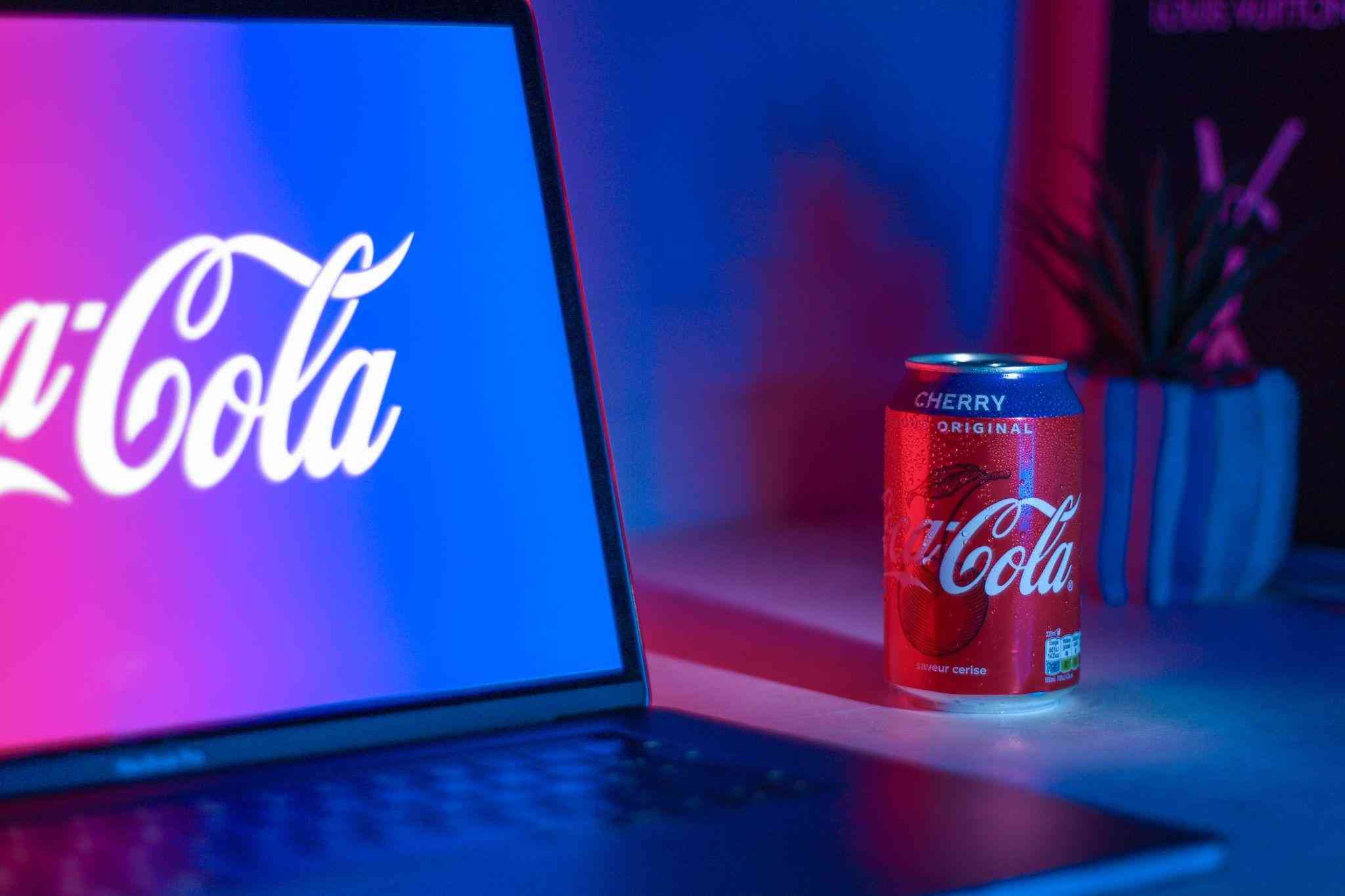
Throughout the years, you may have noticed that several forms of media have incorporated trademark brands into their creative processes.
For what it’s worth, numerous worldwide renowned brands have been included in media as nothing more than a means of offering consumers a sense of familiarity and comfort. However, it is also true that brand name-dropping and product placement have often been used in different media forms as a more subtle way of advertising.
Just by looking at the most simple forms of media and popular brands consumed by Americans, we can clearly see how entertainment and marketing often go hand in hand nowadays.
For instance, product placement in Netflix original productions is much more common than you may initially think.Currently, the worldwide popular streaming service remains ad-free for all of its users, no matter the price of the subscriptions they opt for. And despite recent claims that Netflix may start including ads on their products, for now, streamers still have the chance to watch their favorite productions without being bothered by unwanted advertisements.
However, while Netflix has been ad-free since its early beginnings, it has undoubtedly not been brand-free. For years, Netflix preferred a more subtle approach to the traditional form of advertising that could further boost its revenues. Hence, Netflix has been registering earnings from product placement instead, featuring different products or brands in their original TV series and movies.
The alternative of product placement has proven fruitful over the years, as advertising under this form hardly ever disrupts the TV experience of viewers.Hence, players will often respond indifferently or even positively to this approach. This advertising method is often more likely to convince customers to buy a new product presented than it would have been the case if they had been watching a standard ad instead.
The popular Love TV Series on Netflix is an excellent example of subtle product placement.The 2016 romantic comedy TV Series has become a worldwide success among Netflix streamers. Its significant impact on the audience has caused several brands to team up with the streaming service and offer considerable amounts of money in exchange for screening time during relevant scenes.
According to proficient analyses done by marketing experts, one can notice over 100 product placements during the romantic TV series, with influential commercial brands such as Apple and Samsung making numerous appearances throughout the episodes. Viewers can also notice other famous brands during episodes, including Redbull, Converse, Addidas, and Nike.
- Why we fall for disinformation
- Masunda lands global sugar industry position
- In Conversation with Trevor: Chisamba: Let’s be proud of ourselves
- Econet says it experienced ‘rush hour data outage’
Keep Reading
As of now, nobody posted any relevant data on the overall revenues registered by Netflix after placing different products on the Spanish TV series they acquired the license for. However, we can confidently say that the significant number of brands that received screening time during the show's second season could be a good indicator of the demand for screening time that Netflix has received from various companies.
During an independent analysis where viewers have chosen 6 random episodes for finding random product placements, the results have shown that no less than 50 placements have appeared during the second season. The most present brands in the TV series include BQ, Lenovo, and the Estrella Galicia beer.
However, Stranger Things may be just the most successful Netflix original TV series that worked wonders out of product placement advertising.According to king casino bonus recent analysis released in August 2022, it turns out that Netflix's fourth season of Stranger Things generated the company over $27.4 million combined from product placement advertising.
The TV series set in a fictional small town in Indiana during the mid-1980s is full of cultural references that aim to pay homage to the era evoked. Hence, several 1980-era released brand companies have claimed to have registered sales soaring by as much as 150% after the TV show started airing. Consequently, brands like Eggo Frozen Waffles and BMX-style Mongoose bicycles received the opportunity of their lifetime when Netflix agreed to have their products featured throughout the series episodes in exchange for a sponsorship deal.
When partnering with Coca-Cola, the show producers decided to include the New Coke products withdrawn from production in 2002 instead of other modern coke products to fit the era presented. The concept was welcomed by the coke brand, which led to Coca-Cola releasing limited-edition Stranger Things New Coke drinks to further capitalize on the show's success.
It also turns out that Coca-Cola has been recorded to have the best placement value of all the brands which appeared during the fourth season of the popular TV series.
Moving forward, it is time to take a look at other other industries that have joined forced to appeal to a boarder audience.
For instance, movies and TV shows in online gambling are everpresent.The slot machines featured in land-based establishments and online websites have come a long way from their classical 5 rows-3 reels fruity-themed pattern. Nowadays, there is an actual myriad of Slots coming out constantly, boasting various themes and opportunities that could appeal to different types of gambling fans.
Therefore, it should be no surprise that popular iGaming provider companies have teamed up with famous media owners and developed interactive slot titles based on well-known movies or TV shows. And considering that popular gambling platforms offer rewards that could further entertain players, it only makes sense that the games created would generate impressive earnings for their producers through the given products.
From cartoons like Family Guy to cooking shows such as Gordon Ramsay's Hell's Kitchen, there is an endless amount of fantastic slot games that feature popular media that could appeal to fans of the original products who also entertain the prospect of gambling.And while most brands will sell off the copyrights to the iGaming game developers to grant them permission to use the name and appearances of their products, other companies may prefer a more direct approach when partnering with gambling providers.
We can use HBO as our leading example for the later situation. Following the worldwide popularity of the Game of Thrones series, the HBO producers celebrated long-term success through multiple partnerships with other top brands that could further increase their sales and prolong the fame of their beloved production. And since the online gambling industry has been riding high over the last couple of years, it only makes sense for HBO to shake hands with some top iGaming providers and develop new products together.
In 2019, Zynga, a well-renowned iGaming provider, released the first slot game in collaboration with HBO, which co-licensed the product. The release's success was remarkable, with the official mobile apps for Android and iPhone mobile apps still going strong 3 years past their launching date.
A new slot game was later released in 2020, resulting from a fruitful partnership between HBO and the world's famous iGaming provider, Microgaming. While not quite as successful as its predecessor, the new game was still a roaring success, generating revenues for the producing companies.
In the following years, we can expect more successful movie producers and TV series developers to join the bandwagon and team up with successful iGaming producers to develop casino games.
Moving forward, it is time to take a closer look and analyze the impact of different brands within the music industry. Since numerous trademark brands are entering various forms of media to boost their sales, it only makes sense for musicians to try out the same winning formula.
Hence, songs with brand names in their lyrics are a direct consequence of the worldwide phenomenon.Although not directly sponsored unless the brand company explicitly hires an artist to promote their products through a marketing campaign, musicians often include brand names within their lyrics. And while most artists are only trying to make their music more relatable, it goes without saying that such mentions can create opportunities for future collaboration with some brands.
Taylor Swift is one of the many artists who have gained partnerships with popular brands due to dropping their names in the lyrics of her songs.Although Swift has had several successful partnerships with popular brands over the years, she never used their names in her lyrics only for marketing purposes. However, the artist name-dropping the names of other popular brands did indeed lead to future successful partnerships.
For instance, the emblematic song Out of the Woods that she performed during the 2016 Grammy Awards Ceremony sparked a successful future collaboration between the artist and the Polaroid brand.
Which started as a simple mention of the Polaroid product during her emblematic song, it led to the artist creating the entire new aesthetic for her upcoming album around the concept of Polaroid photos. Moreover, after the album was released, the copies purchased included a set of printed Polaroid pictures with the artist. Due to the free publicity received, Polaroid registered huge increases in sales as fans of the artist bought cameras in an attempt to re-create reminiscent photos of the ones received with the new music album.
Fujifilm and Instax approached the artist based on the long-term success of her impact on the sales of Polaroid cameras. They offered her a paid collaboration where she had the chance to design her instant camera and filming set.
A few years later, the artist incorporated the name of the England-based worldwide famous fashion designer Stella McCartney in the lyrics of her famous hit, London Boy, featured on her album Lover. Afterwards, she directly approached the renowned designer to ask her to join forces and create a brand-new fashion collection based on her newly-released song. Considering the stellar reputation of the 11 Grammy Awards Winner, Taylor Swift, it should be no surprise that McCartney jumped at the opportunity.
Based on thorough research, we have found that entertainment means and marketing strategies will likely continue collaborating to create further profit for the parties involved.Casino games, Netflix shows, and song lyrics are just a fragment of the enormous picture of trademark brands being included in numerous forms of media. And while it is true that entertainment products are meant to be enjoyed by the audiences and help viewers create long-lasting memories, in order for these productions to exist, financing is a must.
In some forms of media, such as anime in Japan, several popular TV series wouldn't have even existed if they hadn't been funded by popular brands such as Pizza Hut, M&M, or Gucci. Hence, product placement allowed consumers to enjoy their favorite shows.
In other cases, there were instances where some movie productions - such as the 2014 Lego Movie - were based entirely around the concept of generating further sales to an already established brand. However, the Lego movie also allowed children and adults to create new happy memories.
One could not function without the other, and it only makes sense for popular, well-established brands to want to gain additional revenues to maintain their companies thriving. However, Americans should be informed that while advertising through media is relatively harmless, it does exist, so they should only make informed choices before buying or consuming new products only because they are presented by a brand they have already come to trust.










